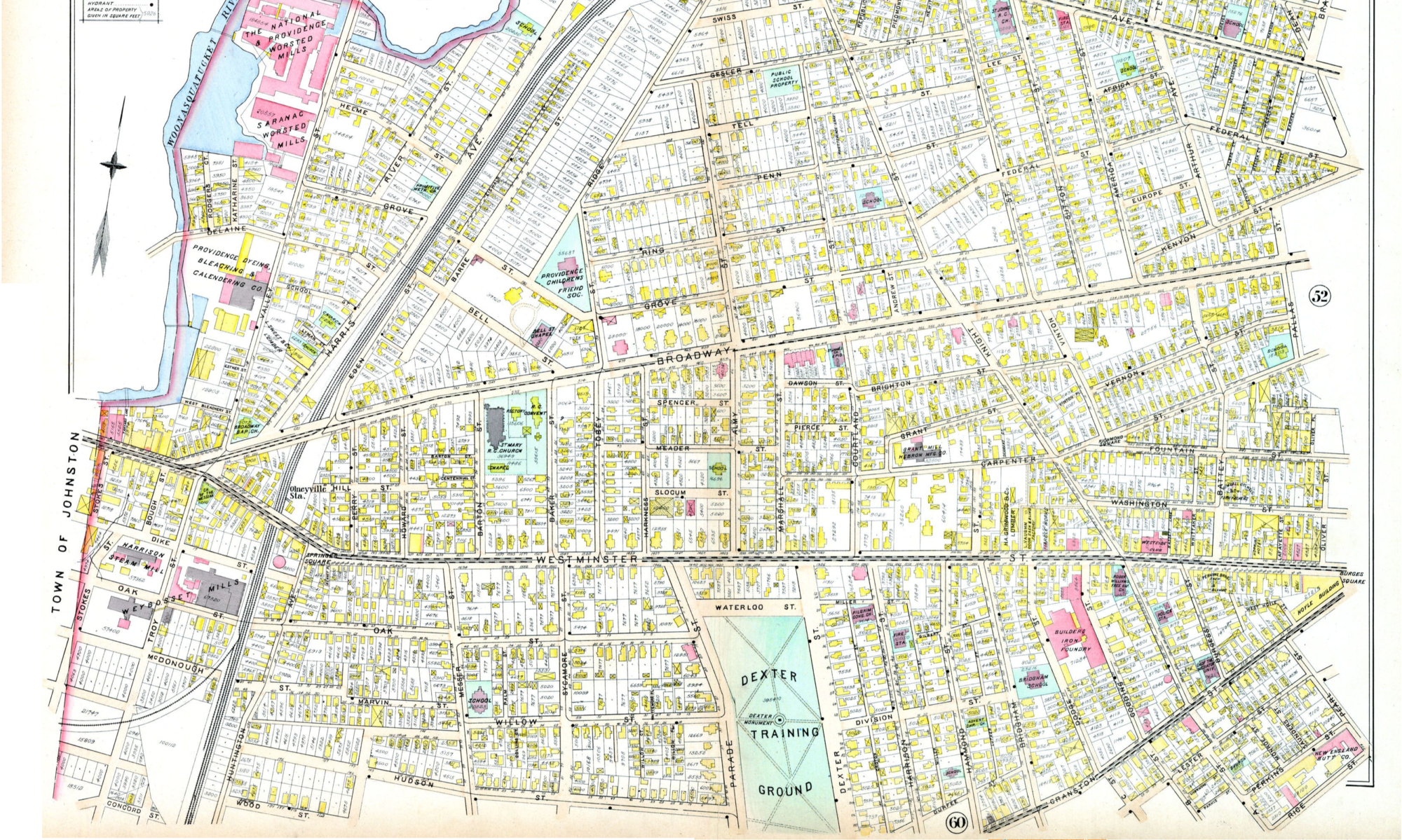It was suggested to me that I write some blog posts about the basic workings of government and politics. I follow such things relatively closely, and I’d love to share with you some of my perception of how things work in Washington.
The Basics: The House of Representatives passes a bill. The Senate takes a look at it, hems and haws, waters the bill down, and passes a crappier version of it. The bill goes to conference committee. The conference committee is made up of a few powerful Senators and House Reps, from both parties, and they hammer out a compromise bill. That bill has to be passed by both the House (easily, usually) and Senate (easy only in an ideal world). Finally, if both houses of Congress have passed the bill that comes out of committee, the president signs the bill into law. After a few years (in many cases) the bill actually starts to take effect.
So that’s bicameral legislation. Sometimes the Senate starts this journey, and sometimes conference committee is arrived at through bills from each house of Congress that are separate but on the same topic. In neither house is “good policy” the primary consideration of most members of Congress. Their primary concern is the perceived popularity of the measures on which they deliberate. That perception is formed partly through polls, but more common factors are media coverage, the Congressman’s ideological perspective on the issue, and the character of discourse amongst the Congressman’s party and social group (which consists mostly of his or her colleagues, with a remarkable amount of cross-party socializing). Also, the path of legislation through each body of Congress is dictated by strict and bizarre rules and traditions that are sometimes as nonsensical as the strangest of religious traditions. Many of the traditions and rules of Congress originated in a time when there was more camaraderie of purpose, and when the wellbeing of the American people as a whole truly stood before political gain in the eyes of most of the Congress.
It’s a pretty fragile system, where institutional obstructionism in any of the House, Senate, or Presidency can force progress to a halt. If you don’t like the way it works, if you actually want to fix things instead of just complaining, you have to talk up and support a group that’s doing something about it.
This is fun! I’ll write more about some aspect of this process before very long.










